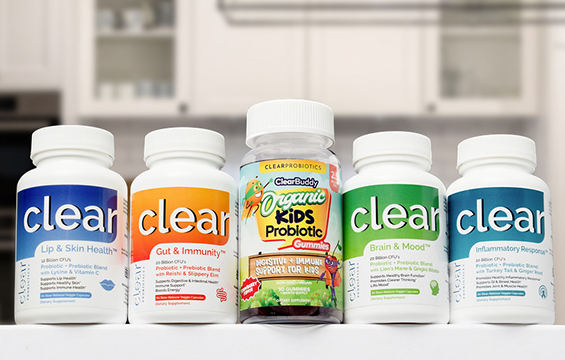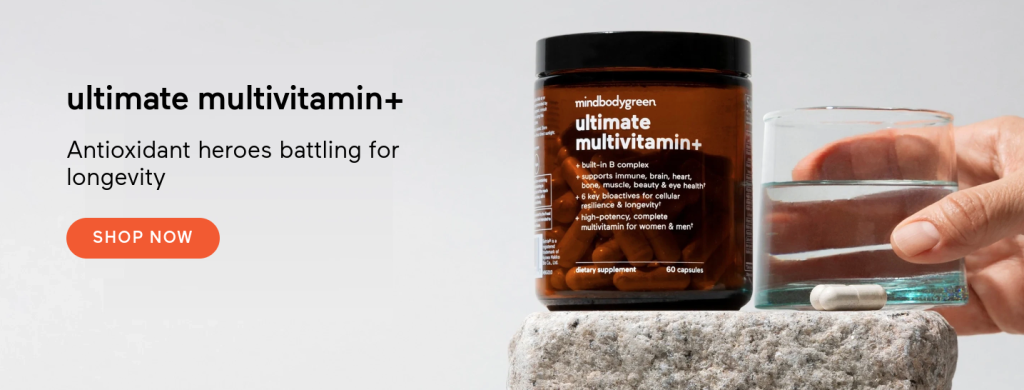Table of Contents
ToggleFactual data suggests that probiotics have the potential to change the color of stool indirectly by improving gut health.
The normal color of poop is brown due to the presence of a pigment called bilirubin. Changes in stool color can indicate various digestive issues, including bleeding, infection, or problems with bile production.
Different strains of probiotics can have different effects on stool color, with some strains reducing the risk of diarrhea and others resulting in darker-colored feces.
Factors such as diet, medications, and health conditions can also influence stool color.
Probiotics can play a positive role in promoting healthy stool consistency, relieving gastrointestinal problems, and restoring a healthy stool color.
Key Takeaways:
- Probiotics can potentially change stool color by improving gut health.
- The normal color of poop is brown due to the presence of bilirubin.
- Changes in stool color can indicate various digestive issues.
- Different strains of probiotics have other effects on stool color.
- Probiotics can promote healthy stool consistency and relieve gastrointestinal problems.

The Color of Normal Stool and Factors Affecting Stool Color
The color of our poop is primarily due to a pigment called bilirubin, which gives it the typical brown shade.
This pigment is formed during the breakdown of the liver’s red blood cells and then excreted into the intestines, where it mixes with other waste products to form stool.
Digestive issues, such as infections, bleeding in the gastrointestinal tract, or problems with bile production, can lead to differences in stool color.
Diet, medications, and underlying health conditions can also influence the color of our stools. For example, consuming certain foods like beets or artificial food coloring can result in temporary changes in stool color.
Similarly, medications like iron supplements or antibiotics can affect the color of our poop.
Different strains can have different effects on gut health and, subsequently, on stool color.
Some strains of probiotics have been found to decrease the risk of diarrhea, which can result in lighter-colored stools.
On the other hand, certain strains may contribute to darker-colored feces. Understanding these potential effects can provide insight into how probiotics can influence stool color for individuals.
The Color of Normal Stool and Factors Affecting Stool Color
The effects of different strains of probiotics on stool color can vary, with some strains potentially reducing the risk of diarrhea and others resulting in darker-colored feces.
Probiotics can also have positive effects on stool consistency and relieve gastrointestinal problems.
It is essential to consult with a healthcare professional for a proper diagnosis and treatment plan when experiencing changes in stool color or gut health.
| Factor | Influence on Stool Color |
|---|---|
| Digestive Issues | Can lead to changes in stool color, such as lighter or darker shades. |
| Diet | Certain foods, like beets or artificial food coloring, can temporarily alter stool color. |
| Medications | Some medications, like iron supplements or antibiotics, can affect the color of stool. |
| Health Conditions | Underlying health conditions can contribute to changes in stool color. |
The Connection between Probiotics and Stool Color
Let’s examine the potential effects of probiotics on stool color and how different strains can influence the hues we see in our excrements.
When it comes to stool color, normal poop is typically brown due to a pigment called bilirubin.
Changes in stool color can indicate various digestive issues, such as bleeding, infection, or problems with bile production.
Interestingly, research suggests that different strains of probiotics can have other effects on stool color.
Some strains of probiotics have been found to decrease the risk of diarrhea, which can result in lighter-colored stools.
On the other hand, certain strains may contribute to darker-colored feces.
Factors such as diet, medications, and underlying health conditions can also influence stool color. Therefore, it’s important to consider the overall context when assessing changes in stool color.
Probiotics can help regulate bowel movements and relieve gastrointestinal problems such as constipation or diarrhea.
By promoting a healthy gut environment, probiotics can contribute to maintaining a normal and healthy stool color.
| Key Points: |
|---|
| – Probiotics can potentially change the color of stool indirectly by improving gut health. |
| – The color of normal poop is brown due to bilirubin. |
| – Different strains of probiotics can have different effects on stool color. |
| – Factors such as diet, medications, and health conditions can also influence stool color. |
| – Probiotics can have positive effects on stool consistency and relieve gastrointestinal problems. |
| – Consulting with a healthcare professional is important for a proper diagnosis and treatment plan. |
Probiotics, Gut Health, and Stool Consistency
When it comes to stool consistency, probiotics have shown promising results in alleviating various digestive problems.
Studies have suggested that certain strains of probiotics can help regulate bowel movements and promote regularity.
Lactobacillus and Bifidobacterium strains have been associated with improved stool consistency and a reduced risk of diarrhea.
By enhancing the diversity of gut bacteria and promoting the growth of beneficial microorganisms, probiotics can contribute to a healthier gut environment and more consistent stool formation.
Furthermore, probiotics can aid in relieving gastrointestinal problems such as bloating, gas, and abdominal discomfort.
These symptoms are often caused by an imbalance or disruption in the gut microbiota.
By introducing specific probiotic strains, it is possible to restore harmony within the digestive system, leading to improved stool consistency and relief from discomfort.
| Probiotic Strain | Effect on Stool Consistency |
|---|---|
| Lactobacillus acidophilus | Regulates bowel movements, reduces the risk of diarrhea |
| Bifidobacterium lactis | Promotes regularity, improves stool formation |
| Saccharomyces boulardii | Relieves gastrointestinal symptoms, restores healthy stool consistency |
The Importance of Consulting a Healthcare Professional
It is vital to consult with a healthcare professional for a thorough examination and personalized treatment plan when it comes to changes in stool color or gastrointestinal concerns.
While probiotics can have positive effects on gut health and potentially influence stool color, it is essential to approach any changes in stool color with caution and seek professional guidance.
Consulting a healthcare professional ensures that any underlying conditions or concerns are addressed correctly.
Remember, self-diagnosis and self-treatment based on changes in stool color alone can be unreliable and potentially dangerous.
They can advise on diet, lifestyle modifications, and the appropriate use of probiotics or other supplements.
By seeking the expertise of a healthcare professional, you can ensure that you receive the most accurate diagnosis, personalized treatment plan, and ongoing support for any gastrointestinal concerns or changes in stool color.
| Key Takeaways: |
|---|
| Consult with a healthcare professional for a proper diagnosis and treatment plan when experiencing changes in stool color or gastrointestinal concerns. |
| Stool color changes can indicate various digestive issues, and a healthcare professional can assess and address any underlying conditions. |
| A healthcare professional can provide guidance on maintaining gut health, including the appropriate use of probiotics and lifestyle modifications. |
A Word from HealthyVibe
As we wrap up our exploration of probiotics and their impact on stool color, we reflect on the potential for these beneficial bacteria to not only improve gut health but also contribute to changes in stool color.
Probiotics can indirectly influence stool color by promoting a healthy gut environment.
The color of normal stool is typically brown due to the presence of bilirubin, a pigment produced during the breakdown of red blood cells.
Probiotics can also help restore a healthy gut microbiota balance, which in turn can improve stool consistency and relieve gastrointestinal problems.
While probiotics can offer potential benefits for stool color and gut health, it is crucial to consult with a healthcare professional for a proper diagnosis and treatment plan.
Remember, changes in stool color should always be evaluated in the context of your overall health and medical history.
FAQ
Can probiotics change the color of stool?
Yes, probiotics can potentially change the color of stool indirectly by improving gut health.
What is the normal color of stool?
The normal color of stool is typically brown due to the presence of a pigment called bilirubin.
What can cause changes in stool color?
Changes in stool color can be caused by various factors such as digestive issues, infections, bleeding, problems with bile production, diet, medications, and health conditions.
How do different strains of probiotics affect stool color?
Different strains of probiotics can have different effects on stool color, with some strains decreasing the risk of diarrhea and others potentially resulting in darker-colored feces.
Can probiotics improve stool consistency?
Yes, probiotics can have positive effects on stool consistency and help relieve gastrointestinal problems.
What should I do if I notice changes in stool color?
If you notice changes in stool color, it is important to consult with a healthcare professional for a proper diagnosis and treatment plan.













